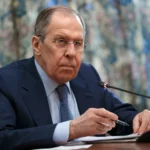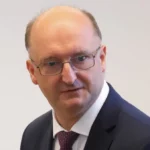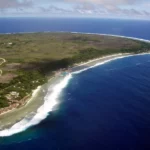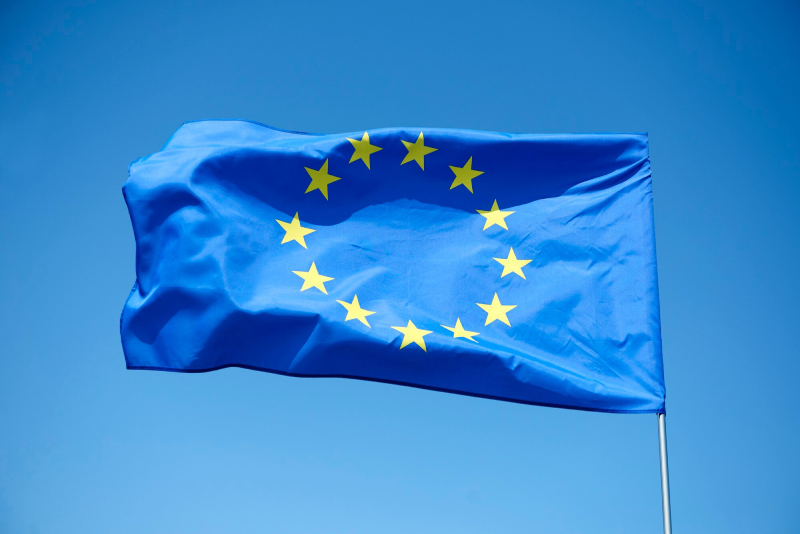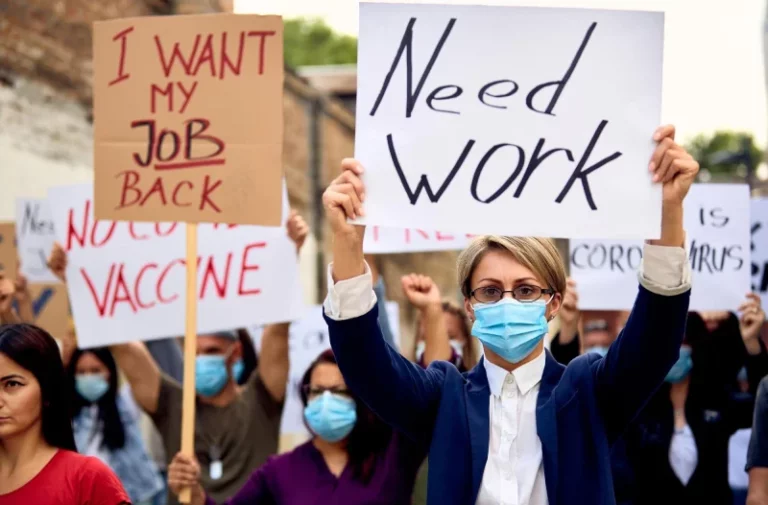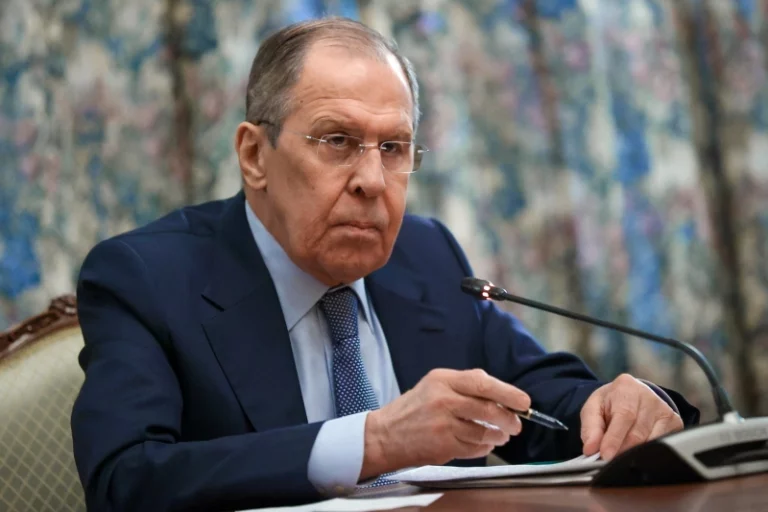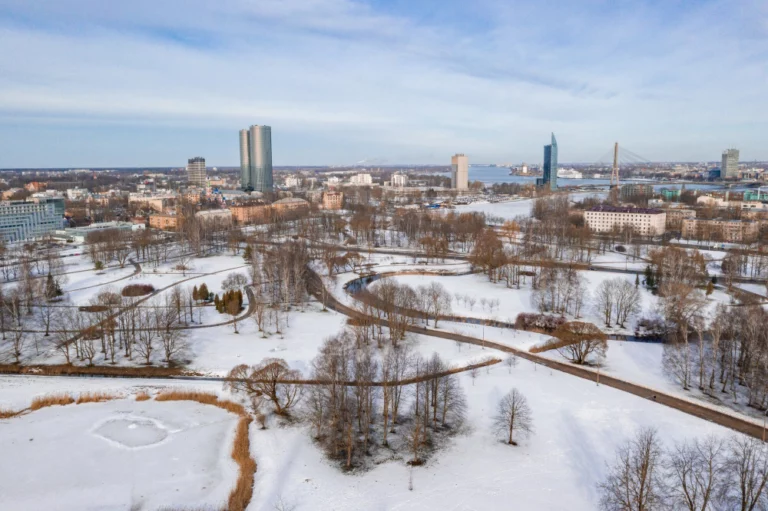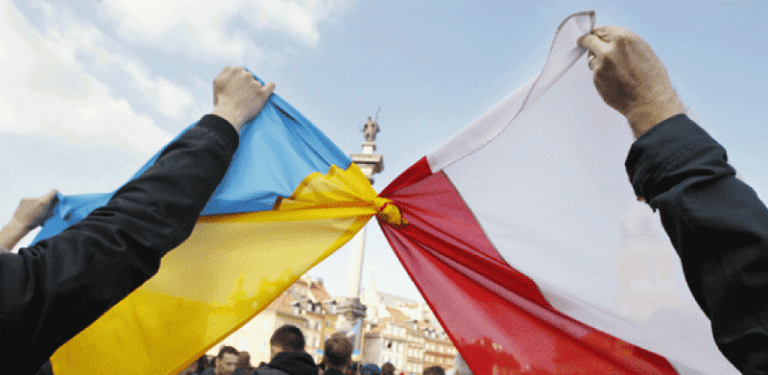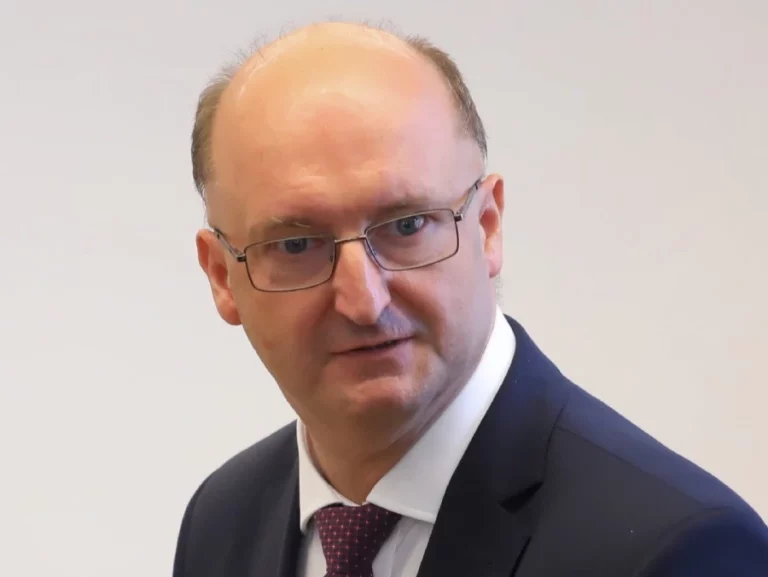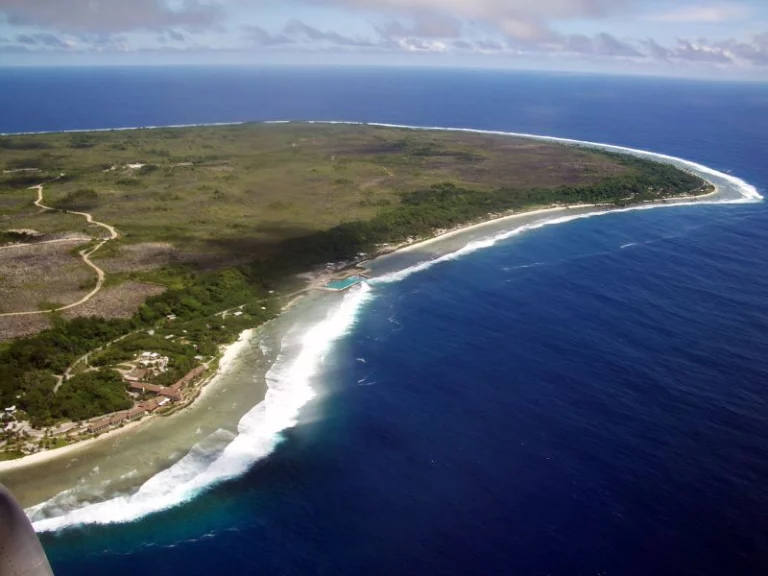The leaders of the European Union (EU) and several other European countries gathered in Granada, Spain, as a significant influx of approximately 250,000 individuals has arrived in the region so far this year through irregular means, bypassing regular border crossings into the European Union.
Unease over surge in migration
Despite the EU being home to a population of 450 million, the capitals of Rome, Madrid, and Berlin have expressed growing unease over the surge in irregular immigration. This concern has led to heightened tensions within the EU’s Schengen zone, which typically allows for passport-free travel. Several EU member states, including Germany, Austria, Slovakia, the Czech Republic, and Poland, have reintroduced border controls to regain control over migration flows.
The issue of irregular immigration also holds political sensitivity in the context of upcoming regional elections in Germany on October 8, a national vote in Poland a week later, and a continent-wide parliamentary election next June.
Polish Prime Minister Mateusz Morawiecki accused Germany and Poland‘s opposition leader of collaborating to advocate for new EU laws that would impose fines on countries refusing to host individuals arriving from the Middle East and Africa. This contention contributed to Poland and Hungary blocking a symbolic EU statement on migration, raising doubts about the union’s ability to effectively implement a pact on distributing migrants fleeing war, persecution, and poverty among member states.
Issue of human smuggling
Addressing the issue of human smuggling, Charles Michel, the president of the EU’s European Council, expressed optimism that the summit could help target human smugglers. “We do need to protect the EU’s external borders indeed. We want to support countries that are at the frontlines of border protection,” he told reporters, adding, “We need to be more active and operational to dismantle the criminal groups.”
In addition to immigration concerns, EU leaders urged candidate countries seeking membership to accelerate reforms, emphasizing the merit-based nature of the accession process to the European Union, as highlighted by Ursula von der Leyen, the president of the EU’s executive European Commission. “The accession process to the European Union is a merits-based one. This was also very clear in our discussion. No shortcuts, no automated accession to the European Union. It is merits-based,” she emphasized.
Notably, war-torn Ukraine also expressed its desire to join the European Union. However, EU member state Hungary has raised concerns about the rights of ethnic Hungarians living in Ukraine and called for improvements before considering Ukraine’s accession.
Despite the challenges posed by immigration, there appeared to be consensus among EU leaders on various other issues discussed at the summit, including cooperation in technology, defense, and energy independence, particularly in light of the ongoing conflict in Ukraine.

